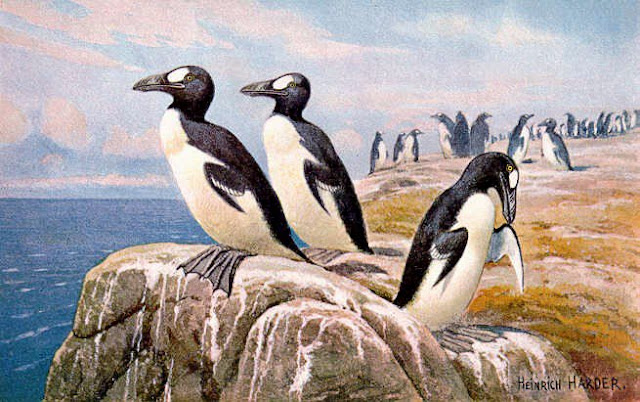The 1990s
The first climate summit occurred in 1988, approximately one year after I was born and about two years after the Chernobyl incident. In the early 1990s, Norway experienced some extremely mild winters. Generally, there were quite mild winters throughout the 1980s, but there were also some colder winters during that decade. However, the 1980s were the last decade with somewhat consistently cold winters.
 Now, I should also mention what really happened during this time. In both 1990 and 1996, scientists warned for the last time this time that it was now or never. Yes, they said that back then, between 25 and over 30 years ago, that if we didn't take drastic action right away, things could go really bad. And the scientists were proven right as early as 1997.
Now, I should also mention what really happened during this time. In both 1990 and 1996, scientists warned for the last time this time that it was now or never. Yes, they said that back then, between 25 and over 30 years ago, that if we didn't take drastic action right away, things could go really bad. And the scientists were proven right as early as 1997.The following year, I remember it being an even hotter summer than in 1994. This year, I was in Grimstad just before the start of school in mid-August, celebrating my father's 50th birthday while participating in the Orienteering World Championships. It was extremely hot! I remember walking around the gathering place, writhing in the heat. The temperature was around 30 degrees Celsius (86 degrees Fahrenheit), and the organizers had already thought about this with a trailer load of ice cubes and sports drinks. I remember having to cool down quite a bit. In 1998, I remember a winter that has stuck with me ever since, namely the mildest winter I've experienced in my 34 years. There was less snow this winter than in the winter of 2019-2020, where there was hardly any snow up to about 400-600 meters. The difference between the snow situation in 1998 and 2020 might not be the most important thing, but what was particularly special about 1998 was that it was as warm as 17 degrees Celsius (63 degrees Fahrenheit) in February, and even the wood anemone (white anemone) blossomed in some places that winter, along with other early spring flowers. This winter, I was also in the same place as in 1990. I was 10 years old, and there was only about 15-30 centimeters of slushy snow, with bare ground under the trees, while in the mountains in 2020, there was maybe a meter of snow. The difference here may be that these situations were due to quite different weather patterns. Don't you find it a bit strange that there wasn't a lot of snow and very cold weather even in the lowlands during the winter of 2019-2020, when there was so much snow and cold just a bit higher up at 60 degrees north in the middle of winter?
Towards the end of the 1990s, I also remember some quite warm autumn seasons, and there were also some severe autumn storms. During this time, I remember starting to feel quite depressed in the fall, even though I was only about 10-12 years old. This could be due to my autism diagnosis, as I started to struggle more with sleep problems and depression because of the diagnosis. In 1998, the Kyoto Summit and the Kyoto Protocol were introduced, where plans for the future in terms of climate were laid out.
Now, what do you think about the fact that people were already very concerned about the climate at that time? That they were walking around with yo-yos from Coca-Cola, that it was already starting to get quite warm on the planet, and don't you find it strange that I can remember this despite being between 2 and 12 years old, maybe due to my ASD diagnosis? What do you think about the fact that this diagnosis wasn't widely recognized in Norway in the 1990s, except for Karl Anton, who received the diagnosis in 1994? And what about Greta Thunberg? She wasn't even born yet. Now, what do you think about the fact that the environmental awareness of the entire 1990s and the 21st century is already fading into oblivion? Even the entire 2000s and the early 2020s are over 10 years ago now. What do you think the general public around the world thinks about this?
.jpg)





Kommentarer
Legg inn en kommentar